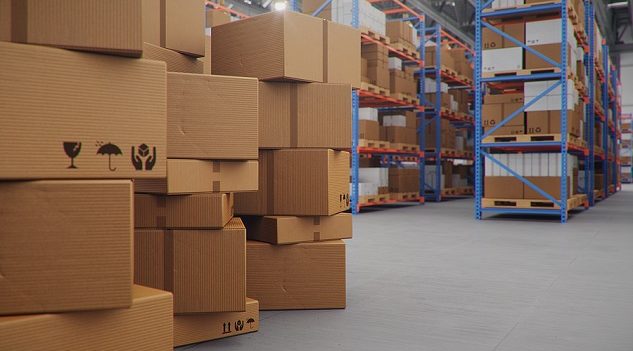With Australia entering its first economic recession in nearly 30 years and 73 per cent of consumers pointing to customer experience as a critical factor in their purchasing decisions, it is time SMEs to ensure that customer service is at the forefront of business decisions. SMEs now need to consider ways to leverage logistics technology tools so they can streamline business operations on their road to recovery.
As companies embrace digital solutions to improve customer experience, SMEs who capitalise on such technologies may find themselves gaining an edge over the competition.
The power of smart logistics during the pandemic
As an essential service and integral part of value chains, logistics businesses and workers form a large component of the “front-line” during the pandemic. They continue to face greater pressure to deliver, whilst navigating fast-changing consumer demands and changing regulatory or customs requirements.
Despite significant external challenges, customer service still needs to remain the priority. Fast and flawless delivery can make or break the customer experience and, as a result, the business. Throughout the pandemic, customers have been looking for fast, reliable, and safe options for delivery, highlighting the need for effective systems that can pivot and adapt quickly. The role of digitised or smart logistics is paramount in this process. As a result, we saw the industry rapidly alter their services, with updated online tools, contact-free delivery options, and accelerated automation.
Businesses with access to sophisticated online platforms and digital solutions are able to execute faster turnaround times and facilitate customer engagement. Going digital is an obvious means to align with restrictions and health concerns associated with the pandemic.
Innovative thinking helps customers
The digital economy demands a marriage between parcel delivery and technology for accessibility, convenience and better customer experience. Using modern logistics solutions, SMEs stand to save time and costs in shipping and customs processes.
Technological advances and integration of robotics, sensors and Internet of Things (IoT) will help us move forward with better efficiencies in delivery services – whether for large freight or small parcels. When it comes to real time tracking of shipments, Artificial Intelligence (AI) can already route trucks based on current road conditions; autonomous vehicles can unload, stack and re-load containers faster reducing transit times; blockchain as a digital tool can help accelerate safe, secure payments.
SMEs can look to technology as a tool to improve business operations. For example, trade documents can now be automated for customs clearance to allow paperwork processing while the shipment is on its way. This can allow an increase in operational efficiencies and save time, minimising delays at customs, even for first-time international shippers.
SMEs will benefit the most from partnering with logistics providers who operate with technology and innovation at the core. Established businesses such as FedEx are already supporting SMEs on business recovery, powered by digital tools and offerings. SMEs are enabled to meet heightened customisable delivery preferences by the end customer. SMEs can manage delivery times and locations, whilst keeping track of deliveries. From delivery alerts, to providing delivery instructions, signing for packages remotely or requesting for a hold on the order, these offerings can address SMEs’ evolving shipping and last-mile delivery needs and can help them remain or enhance profitability and even gain from newer opportunities.
Looking to the future
Logistics is the lifeblood of most businesses. However, the global pandemic has challenged ‘business as usual’. A well-established logistics network and diversified, modern solutions can help businesses meet customer demands seamlessly. Technology is a tool that can support SMEs in improving business operations and meeting customer demands in smart and intuitive ways.
Peter Langley, Vice President, FedEx Express Australia














